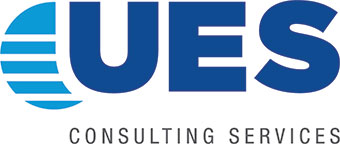Commercial and Multifamily Originations Set a Record by Rising to New Levels
In 2018 Multifamily and Commercial mortgage bankers closed a record $573.9 billion of loans, as stated by MBA’s 2018 Commercial Real Estate/Multifamily Finance Annual Origination Volume Summation.
And all of these factors below combined led to an eight percent increase in recorded Multifamily Lending compared to last year.
- Growing property values
- Low interest rates
- Solid fundamentals
- Strong appetites from both lenders and borrowers
Let’s Break Down the Numbers
- Commercial Bank portfolios led the capital source with responsibility of $174 billion loans.
- Then GSEs, Government Sponsored Enterprises; Freddie Mac and Fannie Mae witnessed the second highest amount of $142.3 billion.
- Followed by Life Insurance companies and pension funds, Commercial Mortgage-Backed Securities (CMBS) issuers, investment funds, Real Estate Investment Trust (REITS), and mortgage REITS.
In terms of Property Types…
- Multifamily Properties at $266.4 billion had the highest of mortgage bankers’ origination volume.
- Followed by retail properties, industrial, health care, office buildings, and hotel/motel.
“First liens accounted for 96 percent of the total dollar volume closed. The reported dollar volume of commercial and multifamily mortgages closed last year was eight percent higher than the volume reported in 2017. Among repeat participants in the survey, the dollar volume of closed loans increased by four percent.”
Jamie Woodwell Vice President, Mortgage Bankers Association
With loan originations on the rise, the need for site assessments has never been more important. UES Consulting and our team of inspectors are well-versed in the demands of commercial and multi-family transactions and how thorough, time-sensitive Phase I Environmental Site Assessments and Property Condition Assessments can help the process run smoothly and close on time. If you are looking for a company to partner with on your Commercial Real Estate transactions of any kind, turn to our in-house engineers and environmental consultants to alleviate the burden of environmental issues and mitigate risks.
Information by MBA, Click here to purchase the complete report.
- Kansas City Development Landscape Still Booming!
- ULI Sets Forecast for a Potential 2021-2022 Rebound
- Long-Term Housing Shortages and Affordability Issues Keep Capital Flooding into Multifamily
- Medical Office Buildings a Safe Haven Asset During Uncertain Times; Physician Practices Still Struggle
- COVID-19 Response: UES Continues Business Operations as Normal


